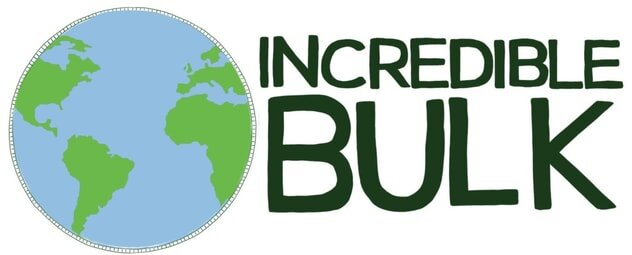England Plastics Ban : Single-use plastic plates, cutlery and polystyrene cups
/Good news from the UK Government to start 2023. A ban on a range of single use plastic items to take place later this year.
From October, people won’t be able to buy single-use plastic plates, trays, bowls, cutlery, balloon sticks, and certain types of polystyrene cups and food containers from any business - including retailers, takeaways, food vendors and the hospitality industry.
The government writes that “According to estimates, England uses 2.7 billion items of single-use cutlery — most of which are plastic — and 721 million single-use plates per year, but only 10% are recycled. If 2.7 billion pieces of cutlery were lined up they would go round the world over eight and a half times (based on a 15cm piece of cutlery)…
It is expected that banning these items will have a significant impact in reducing plastic waste and littering in England. Plastic cutlery, for instance, was in the top 15 most littered items in the country by count in 2020…
Previous bans, such as banning straws, stirrers and cotton buds, have reduced the damage from these plastics. Before we banned these products, it was estimated straws, stirrers and cotton buds collectively contributed to around 5.7% of marine litter. After our ban, the Great British Beach Clean 2021 reported cotton bud sticks had moved out of the UK’s top ten most common beach litter items.”
Unfortunately the ban will not apply to plates, trays, and bowls that are used as packaging in shelf-ready pre-packaged food items. The Government explains that this is because “these will be included in our plans for an Extended Producer Responsibility Scheme – which will incentivise producers to use packaging that can be recycled and meet higher recycling targets.”
Despite being seemingly good news, the announcement was met with a mixed reaction,
Amy Slack from Surfers Against Sewage said: “We are pleased to hear the government finally re-commit to banning single-use items like plastic cutlery, plates and trays. But the bald fact is England lags behind the rest of the UK, who have already implemented bbans on these items and it remains unclear when this ban will come into force.”
Everyday Plastic wrote on Instagram that it “Sounds good in theory, but does it go far enough? The ban only applies to plastic used in takeaway outlets and not in supermarkets or shops. This is where the problem lies.”
Megan Randles, political campaigner for Greenpeace UK warned “This is like reaching for a mop instead of turning off the tap.” and John Vidal in the Guardian wrote that “the new ban barely scratches the surface of a problem that has been known about for decades and is now out of control.”
And Libby Peake for Green Alliance thinks that the governments claims are overblown and the ban doesn’t tackle the root cause of the problem, our throwaway society.
While the ban is definitely a step in the right direction we must continue to keep the pressure on government and industry to stop producing single use plastic and look to avoid it in our daily life when we can.
